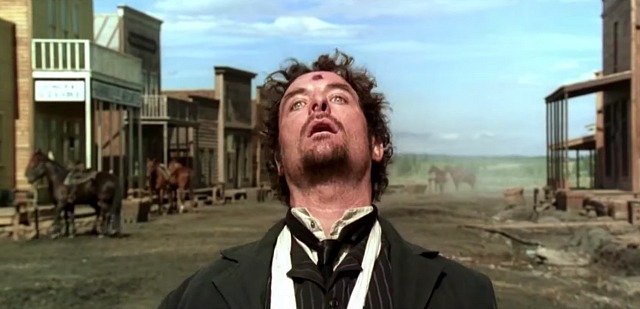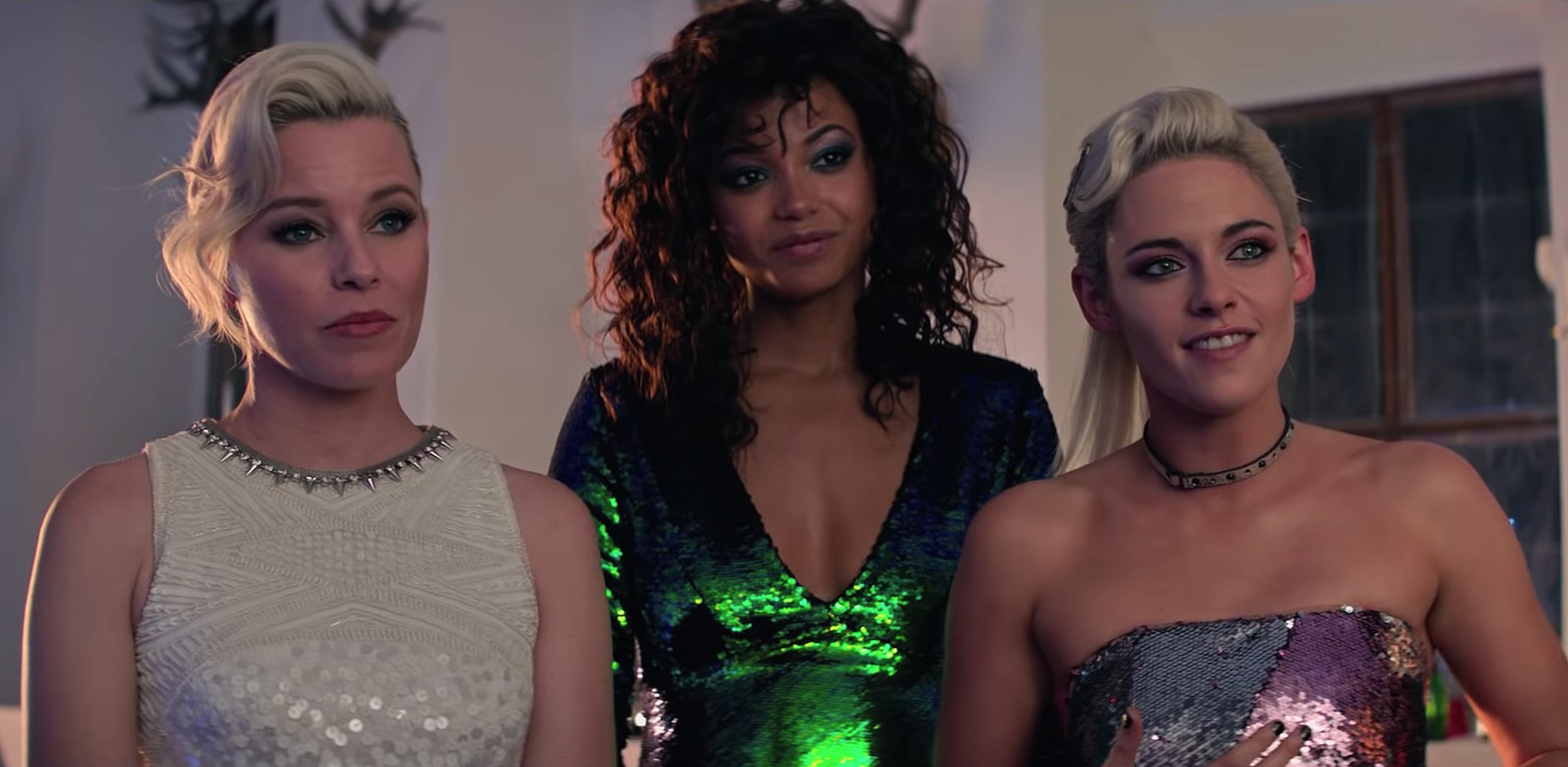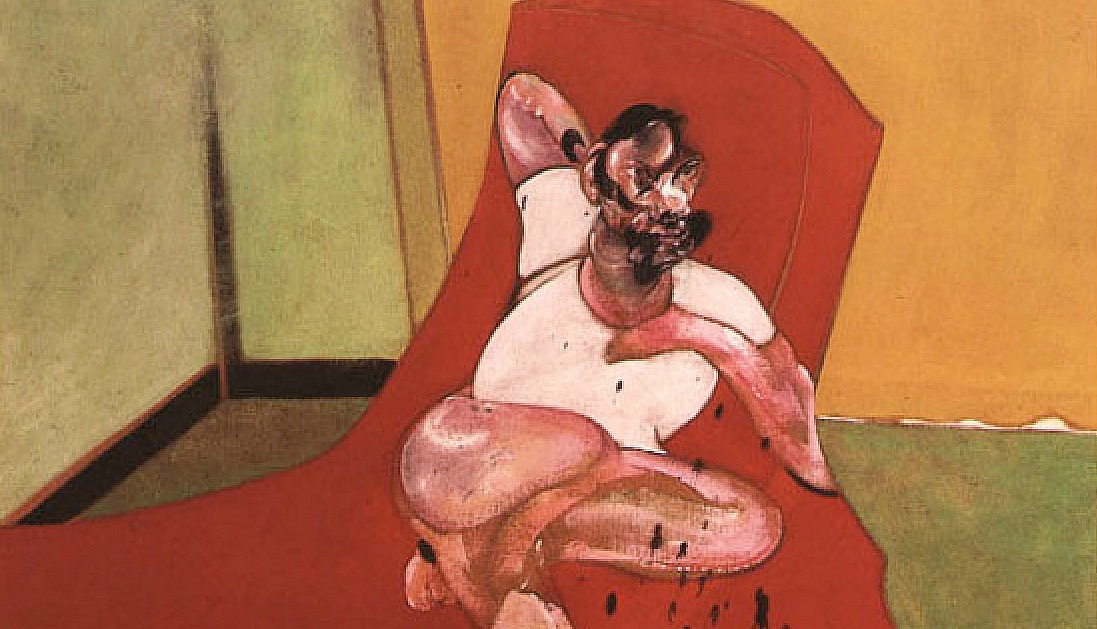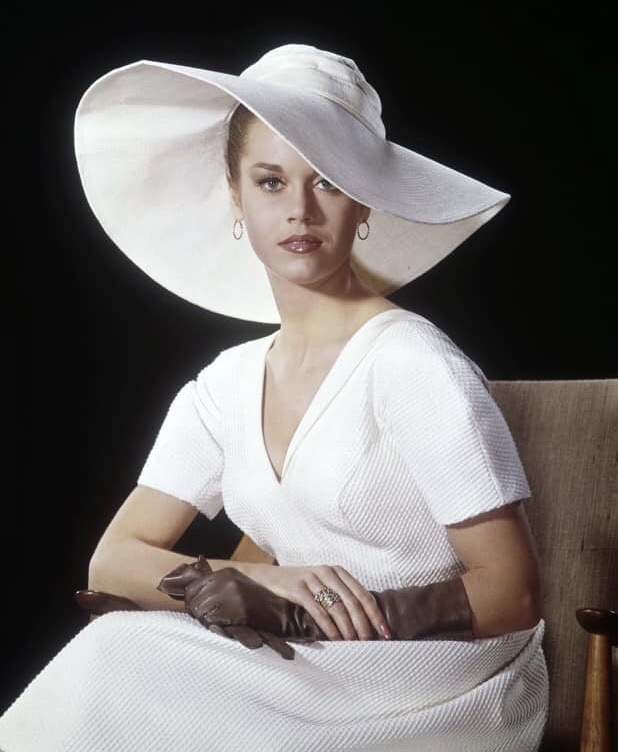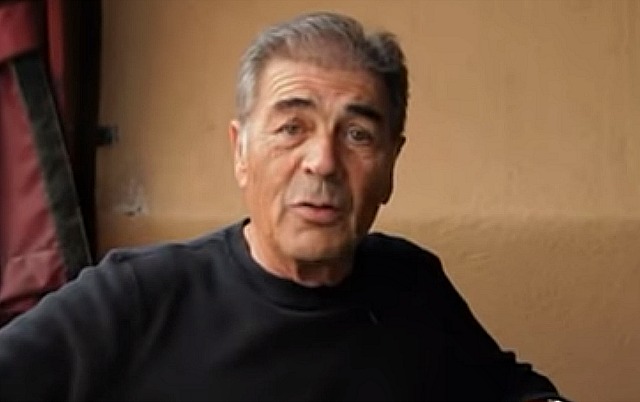Originally posted on 7.25.11: The gist of Scott Feinberg‘s 7.25 piece (“The Art of Dying Young‘) about the death of Amy Winehouse is that it’s not such a terrible thing to check out early if your legend is going downhill anyway. Biological shutdowns will always be traumatic to friends, fans and loved ones, but it’s arguably worse, Feinberg is saying, to hang on past your peak point.
But how do you know when you’ve peaked? Answer: Nobody ever does. Everyone goes through life saying, “I’ll find a way to turn things around…after all, tomorrow is another day.”
“Most [performing survivors] overstay their welcome,” says Feinberg, “and simply begin to evaporate from the public’s consciousness, either because they find themselves (a) unable to maintain the performance-level that first garnered them fame, (b) creatively limited by the public’s limited perception of them, (c) distracted and/or deterred by fame and its trappings, (d) no longer able or willing to compete with ‘fresher’ faces.”
Truman Capote certainly fell prey to (c). I remember to this day what Gore Vidal said when Capote more or less committed suicide: “A very wise career move.”
If I could re-orchestrate my life from a free-for-all cosmic perspective, I’d like to live about 250 years but get no older than, say, 42 years. I’d arrange to be born in 1800 with my current consciousness intact, and then explore the unsullied American frontier and become an inventor and buy up all the patents for everything and become stinking rich.
And then tour the world and become friends with everyone worth knowing — young Abe Lincoln, Leo Tolstoy, Chief Sitting Bull, Herman Melville, young Katherine Hepburn, Frederick C. Douglas, Karl Marx, Charles Dickens, Douglas Fairbanks, Sr., Isadora Duncan, D.W. Griffith, Theodore Roosevelt, John Reed, Jack London, young Cary Grant, young JFK, young John Lennon, etc. And then wind things down around 2050, give or take. Or maybe keep going.


